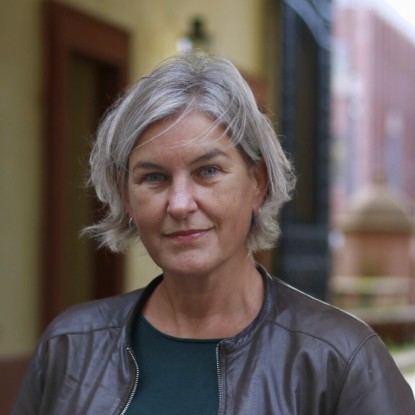Project description
Until the year 2019, the tourism industry has steadily gained significance and turnover both in Germany and worldwide (a general recovery of the sector after the Covid-19-pandemic is to be expected). This development has never been distributed equally though. While tourism in major cities, and metropolises in particular, has been shaped by marked demand increases, tourism in small towns gives a less clear picture. Some small municipalities experience strong increases in tourism while others face a decline of the hospitality industry.In economic development concepts for small towns, commonly surrounded by rural spaces, the tourism sector often plays a prominent role. It is argued that tourist demand promises jobs and tax income. At the same time, small towns might be upgraded by tourism, which, as the argument continues, also benefits other purposes and target groups.The research project at hand explores the relation between tourism and local residential quality in small towns. Three small towns in Hesse with different development patterns in the tourism sector (Rüdesheim am Rhein: stagnation, Steinau an der Straße: rise, and Bad König: fall) are selected to explore the effects of these different trajectories on how local residential quality is perceived. The research concentrates on the qualities of the residential environment with its commercial infrastructure, social networks and public spaces as places of mundane experiences.The research project is situated at the intersection of sociology and (real estate) economics and follows an interdisciplinary approach. A policy and media analysis, combined with interviews with local stakeholders is conducted in the three municipalities in order to trace perceptions, explanatory approaches, action strategies and conflicts with reference to tourism development. These findings will be paired with statistical data on the local economy in order to investigate the interrelation between tourism development and the economic situation of public and private households. Changes in the commercial infrastructure will be surveyed by mappings and interviews with local experts. Go-Along interviews with residents of the investigated towns will be conducted to gather what residents perceive as (changes in the) qualities of their residential environment, of public spaces and the role tourism plays in it. In a process of joint discussion and reflection, the different data strands will be brought together to generate nuanced knowledge on the manifold ways tourism and residential quality are related. By this, the research project intends to contribute to the unconnected fields of tourism, small town and residential quality research.
| Name | Working area(s) | Contact | |
|---|---|---|---|
| Professors | |||

Picture: Claudia Ba
| Prof. Dr. Sybille Frank | Urban and Spatial Sociology | frank@ifs.tu-... +49 6151/16-57381 S3|13 315 |
| Academic staff | |||
|
P
| Leonie Plänkers Dipl.-Ing. | Urban and Spatial Sociology | plaenkers@ifs.tu-... S3/13 333 |
| Undergraduate assistant | |||

| Antonia Funk | Urban and Spatial Sociology, DFG-Project TuWiK | antonia.funk@stud.tu-... |

